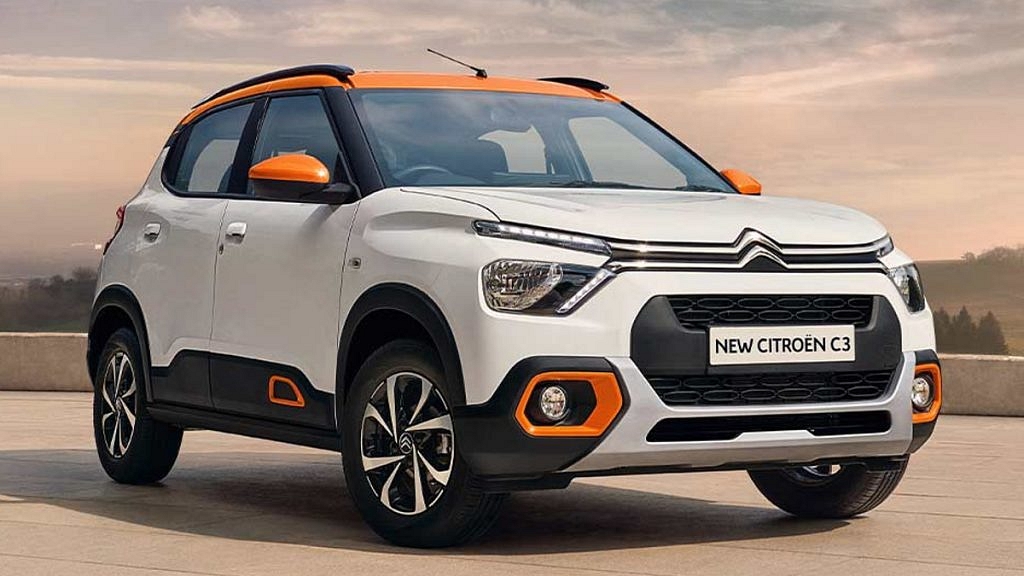The C3 hatchback, the French automaker's entry-level model, was recently introduced by Stellantis-owned Citroen in an effort to enhance its market share in India. The firm, however, has revealed that it would shortly debut its newest and country's first electric vehicle, an electric version of the C3 hatchback. The name of this upcoming electric vehicle (EV) was kept a secret until recently, but the firm has since posted a teaser on its social media platforms that reveals the name of this EV as the eC3.
Carlos Tavares, the global CEO of Stellantis, has stated that the all-electric eC3 "will be introduced early next year." This EV is anticipated to debut in January 2023, soon after the Auto Expo. Although there have been no official pricing announcements for this new EV as of yet, it is estimated that it would cost anywhere between Rs 10 and Rs 12 lakh. Once introduced, it might compete with the Tata EV siblings Tiago EV and Nex0n EV.
The Citroen eC3's electric drivetrain could be made up of a 30.2 kWh battery that would power a single electric motor. It will reportedly generate 84 BHP and 143 Nm of torque. Compared to the Tiago EV, which can travel more than 315 kilometres on a single charge, the eC3's battery pack is designed to offer a marginally longer range.
The only part of the all-electric Citroen eC3 that was camouflaged when it was sighted testing on Indian roads a few weeks ago was the front wing. The front fender of the Citroen eC3 EV is where the charging port is anticipated to be. The Citroen C3 EV will likely keep the look and stance of the gasoline-powered C3, including elements like the halogen headlights with split LED daytime running lights, color-coded exterior trim, and high ground clearance, save from one minor change.
Carlos Tavares recently addressed the media at a gathering in Chennai earlier in November, which is related to Citroen. When questioned about the company's plans for electric vehicles in India, he responded that Stellantis is working diligently to develop a pricing structure that would make EVs affordable as well as other quality standards, and that depending on how quickly the company can achieve those goals, the company may also start exporting such EVs from India. The biggest problem, according to Tavares, in maintaining low prices is "how to make EVs accessible for the middle class." "Only scale can create affordability, and only then can it have a meaningful influence on the environment," he continued.
Additionally, when speaking about the export aspect of this new model, he stated, "There is a tremendous possibility for India to be able to offer EV compact vehicles at an inexpensive price safeguarding the profitability. Exports to Europe are feasible since the nation has such a cost-competitive supply base. "We will be able to export," he continued, "if we accomplish the quality numbers and the cost numbers within the next 12 months. Southeast Asia is one of the clear targets."

No comments:
Post a Comment